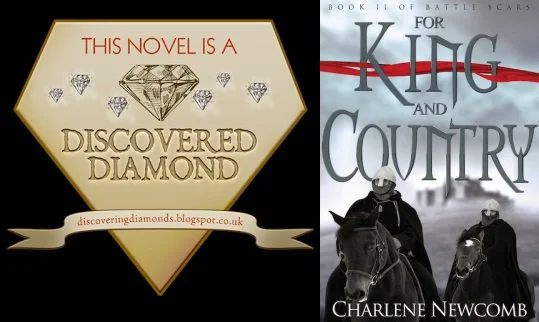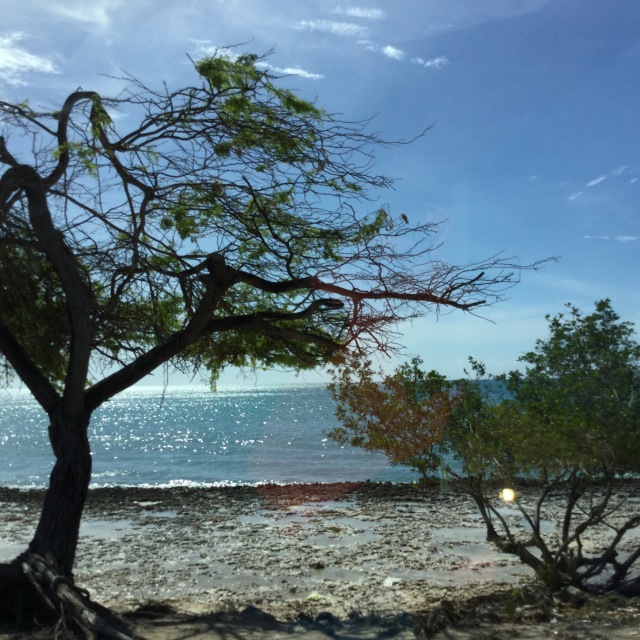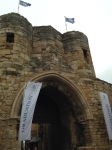By Catherine Hedge
I am thrilled to be on my way to The Kansas Authors Club state conference today. I know that when I walk through the door, I will be greeted with smiles and enthusiasm. That won’t be because I am known, though I hope I will find old friends and fellow writer Nancy Kopp. That warm welcome will because I am entering the world of writers and dreamers. A very fine place to be…for me!
For those who are first-timers, curious, or seasoned conference professionals, I present reasons from the past that highlight why I am so giddy today!
See you soon, Salina!
* * *
What a delight! I have just returned from a regional writer’s conference, The Society for Children’s Book Writers and Illustrators of Kansas. … I was surrounded by enthusiastic people who write because they have something to say and a unique way of saying it. Writing is their art. My art.
As writers, we sit by ourselves, writing draft after draft. The stereotype is the pale, hunched, introvert writing until dawn. He’s fueled by whiskey and stale cigarettes. (Okay, I’m pale, love to write at night, but I need chocolate and Malbec.) But get us all together to share, breathe, and question writing, and we are as excited as middle schoolers!
It makes me realize that to be in close proximity to those who love what you love…whether it is opera, basketball, Anime, or Star Trek, is a joyful a reminder that we are indeed human. We are social creatures who do best when we come together and dream.
When I was getting reading for my first writing conference in Salina, Kansas, many years ago, I was terribly nervous. I figured there would be critics lurking about with long noses and red pens in hand. They’d stand around in little circles and scoff, “Oh, so like SHE thinks she can write, Poor Thing!”
When I started reading my lead to an agent, I was so nervous that my tongue felt like a sand dune. I spent my life talking in front of middle schoolers, but something about this pinch-faced woman terrified me. She started out with, “You write really well, BUT…” Then she told me that no one was interested in my time period, The Dawn of the Viking Age in England. I should switch to King Arthur or Ancient Rome. I was devastated.
Thank goodness my writing mentor, Leonard Bishop was at the conference. When I told him what she had said, he growled, “Don’t listen to her! You are the one who will make them interested!” The great part was that for the rest of the conference, he was the star, the darling that every struggling author wanted to talk to. The one the agents and editors invited to lunch. And I was the one he asked to join him!
That agent incident is the only uncomfortable memory of my conference life (Well, there were the toothless Klingons at a Con in Kansas City, but that’s another universe.) Since that time, I have attended more conferences to my great delight.
I don’t have an agent and editors aren’t clawing through my front door…yet. So why am I willing to squander two scarce resources, Time and Money, to spend a weekend with strangers? Why would I recommend it to you?
You just might…
Be Surrounded by Dreamers…How often do you get to be in a room with hundreds of people who have the same creative life as you? We think it’s great to sit alone, scowling and scribbling. We treasure moments we can laugh out loud at our own jokes or tear up at poignant scenes. Some call that madness. Writers call it fun.
Get Support…You aren’t the only one out there. Listen to the hallway chatter and you’ll hear just what you’ve asked yourself so many times…
- I’ve sent out a million query letters but no luck yet! What should I do now?
- They’ve just published a book about my topic. Have I wasted all that time?
- My story line has hit a dead end, but my character just won’t let me stop! (Leonard would have loved that one! “Just put the pen down!”)
- I just know there’s a story in me somewhere…
- Do you think I have a chance?
- And those in the elevator, at the table, or in line with you, offer advice, soothing stories, and sometimes answers.
Meet Specialists…Most presenters are as passionate about writing and creating as you are. By listening to the pulse of the conference, you can tell who they are. People talk. “Go see him! He’s fascinating” or “I took a marketing class from her once. She really knows her stuff.” Or, “He’s just trying to sell his editing books.” Watch for the presenters who have crowd gather around them AFTER they have given their talk! Or the ones who smile when you walk in their classroom.
Hint: The faculty usually post their websites. With prior research, you can discover the presenter’s experience, interests, and attitudes. (The opening lines of agents/editor’s website usually states if they are accepting new clients or open only to established writers.) Does the individual promote a sense of community, excitement…or exclusion? Those beliefs carry into the presentation.
Celebrate Synergy…The best part of a conference happens afterwards. Yes, if you’re lucky, you’ll have an agent or editor who wants to see your work…or some notes from a presentation on social networking…or a business card from a future friend. But every individual can leave with power of community. You’re ready to take on the next day, the next weeks, of staring at that blank screen or page of doodling. You can do that because you have discovered you are no longer alone.
At a conference, you have voluntarily surrounded yourself with creatives. You’ve allowed yourself to be open to learning. You’ve read your drafts to strangers, accepted their feedback, and filtered their comments through your sensibilities. For days, you have been immersed in your craft, pondering what works, weighing every comment for its usefulness for your writing. How can that not change you?
Go ahead. Take the risk. (Just stay clear of the Klingons!)

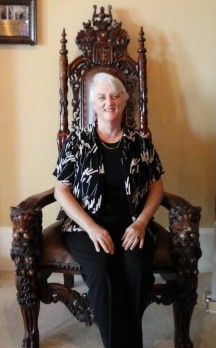
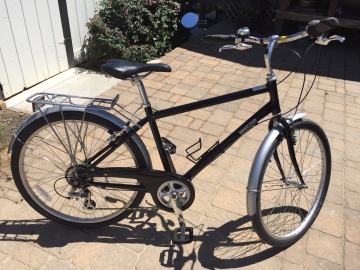
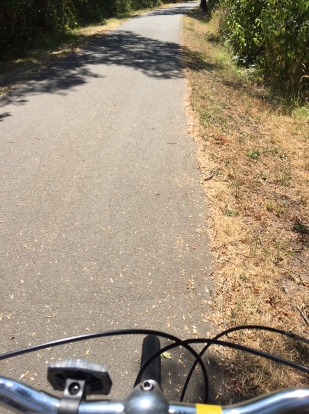
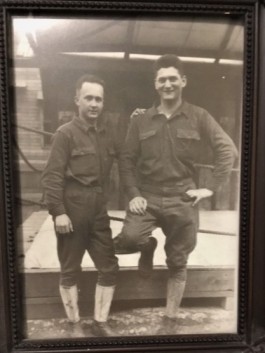
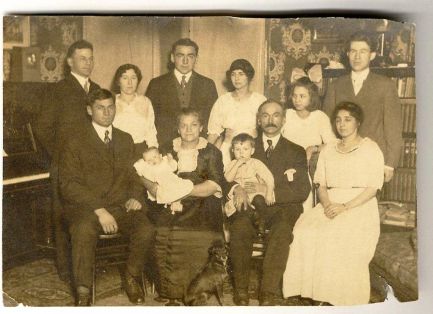
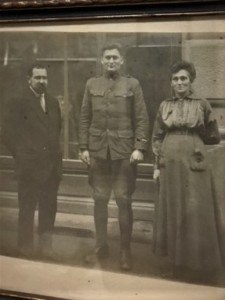
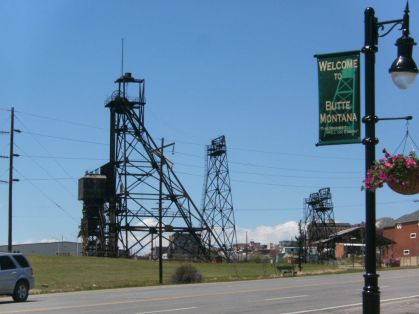
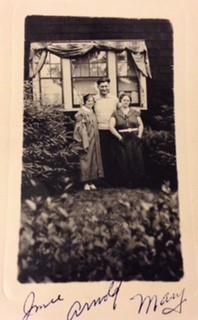
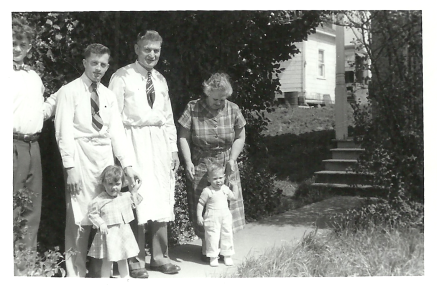
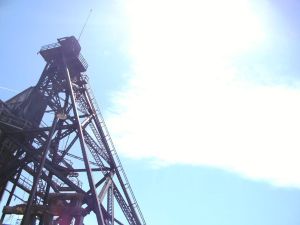
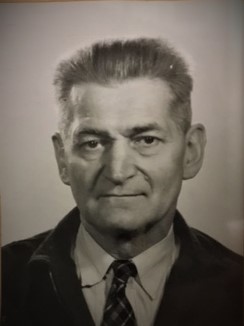
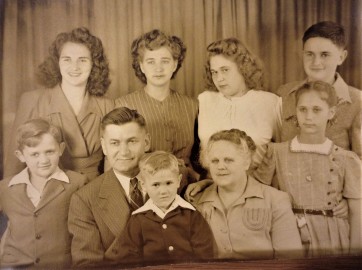
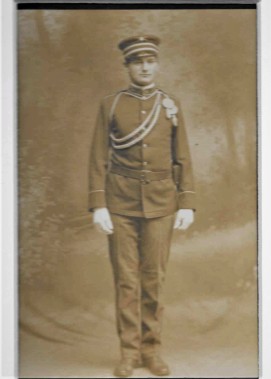
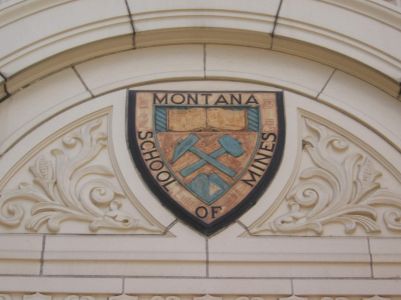
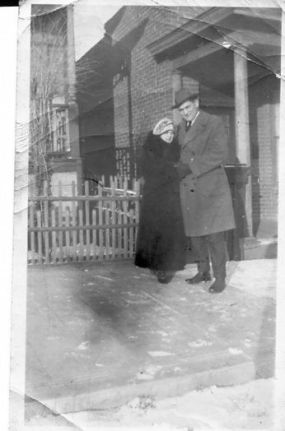
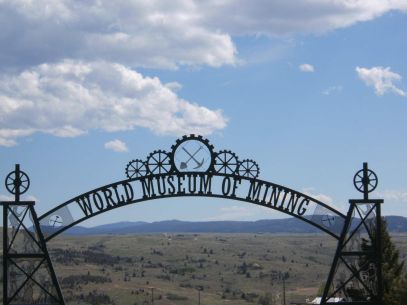
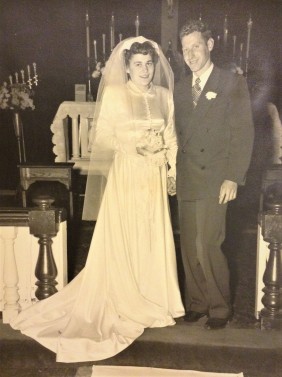
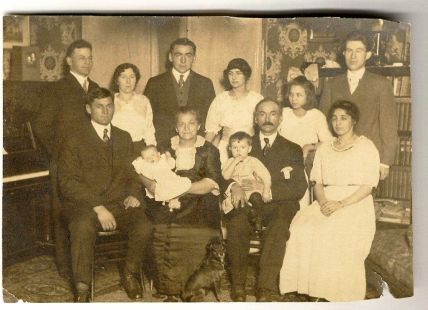
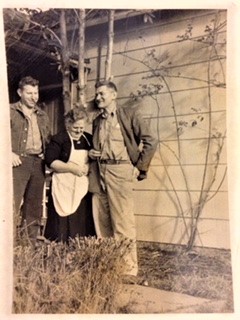
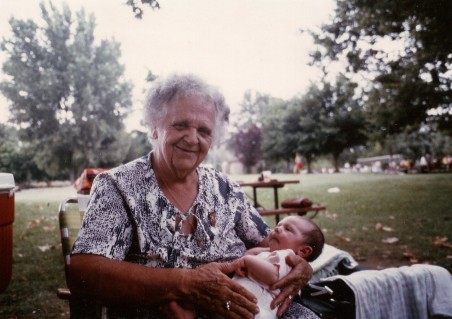

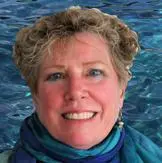 Helena P. Schrader’s recent works have been awarded Readers’ Favorite Gold, a Feathered Quill, a Pinnacle Book Achievement Award, Chaucer Awards, and indieBRAG Medallions. Helena’s newest novel is The Last Crusader Kingdom: Dawn of a Dynasty in Twelfth-Century Cyprus, and I invited her to talk to me today. Readers, you are in for a treat – Helena brought pictures!
Helena P. Schrader’s recent works have been awarded Readers’ Favorite Gold, a Feathered Quill, a Pinnacle Book Achievement Award, Chaucer Awards, and indieBRAG Medallions. Helena’s newest novel is The Last Crusader Kingdom: Dawn of a Dynasty in Twelfth-Century Cyprus, and I invited her to talk to me today. Readers, you are in for a treat – Helena brought pictures!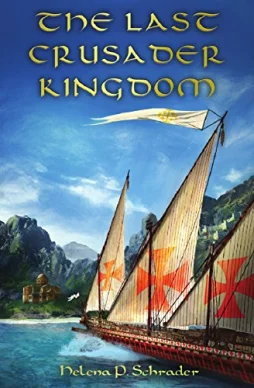 Your new novel, The Last Crusader Kingdom: Dawn of a Dynasty in Twelfth-Century Cyprus, begins after the events of Third Crusade, which you wrote about in your excellent Balian d’Ibelin series. This novel has ties to the earlier series, but it can stand on its own. What is this book about?
Your new novel, The Last Crusader Kingdom: Dawn of a Dynasty in Twelfth-Century Cyprus, begins after the events of Third Crusade, which you wrote about in your excellent Balian d’Ibelin series. This novel has ties to the earlier series, but it can stand on its own. What is this book about?